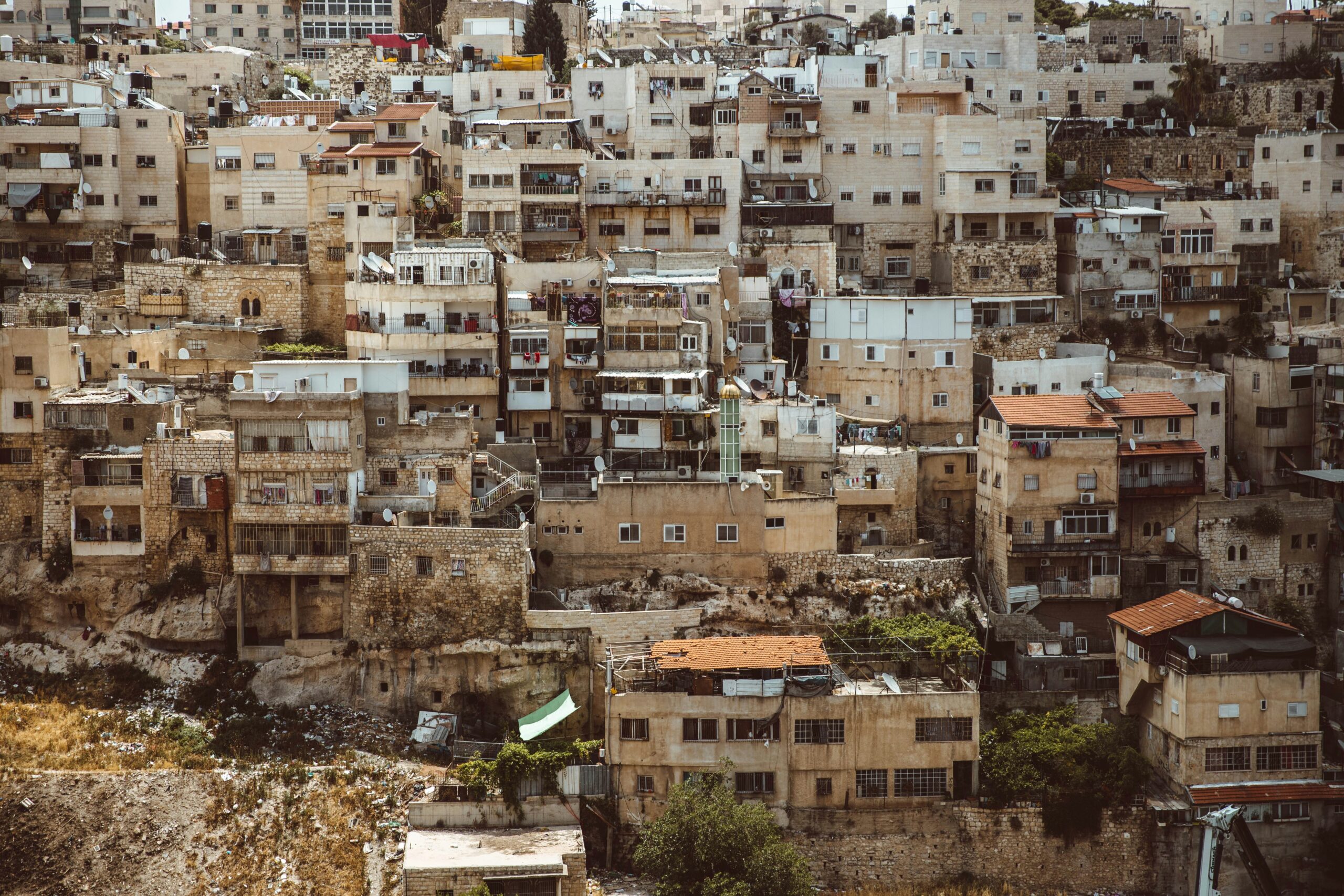
In a move that has sparked significant international concern, Israel’s Finance Minister Bezalel Smotrich declared his intention to approve the construction of more than 3,000 housing units in the contentious E1 area of the occupied West Bank. This decision is seen as a critical step in what Smotrich describes as ‘burying the idea of a Palestinian state’ and is hailed by him as ‘Zionism at its best’.
Key Facts
- Smotrich plans to connect Jerusalem with the existing Israeli settlement of Maale Adumim, intensifying Israeli presence in the area.
- The development has been stalled for decades due to international opposition but gains momentum under Israel’s current far-right government.
- Observers note that the E1 project’s location is strategic, potentially bisecting the West Bank and hindering the continuity of Palestinian territories.
Background
The E1 settlement plan has been a point of contention in Israeli-Palestinian relations for years. Originally frozen due to global pressure, the project is located between Jerusalem and Maale Adumim. Its development is considered illegal under international law, yet recent political shifts in Israel have led to a reevaluation of its status. In 2022, the plan was postponed following diplomatic interventions by the United States, but recent activities suggest a renewed push to move forward.
Timeline/What We Know
Recent approvals by the Netanyahu administration include road expansions and restrictions on Palestinian access in the area, indicating a clear move towards actualizing the E1 project. This comes amidst broader approvals for settlements across the West Bank, which have seen significant increases in planned housing units.
Official Reactions
Israel Gantz, head of the Yesha Council and the Binyamin Regional Council, praised the initiative as a ‘tremendous and historic achievement for the settlement movement.’ Conversely, Israeli anti-settlement group Peace Now has criticized the escalation in housing approvals, highlighting the potential impacts on the regional demographics and the feasibility of a contiguous Palestinian state.
What’s Next
The international community, particularly entities upholding international law regarding settlements, will likely scrutinize Smotrich’s actions closely. The implications of the E1 project extend beyond local politics, affecting prospects for peace and the geographical and demographic fabric of the West Bank. As construction plans proceed, the reaction from global powers and the Palestinian authorities will be critical in shaping the future of the region.


